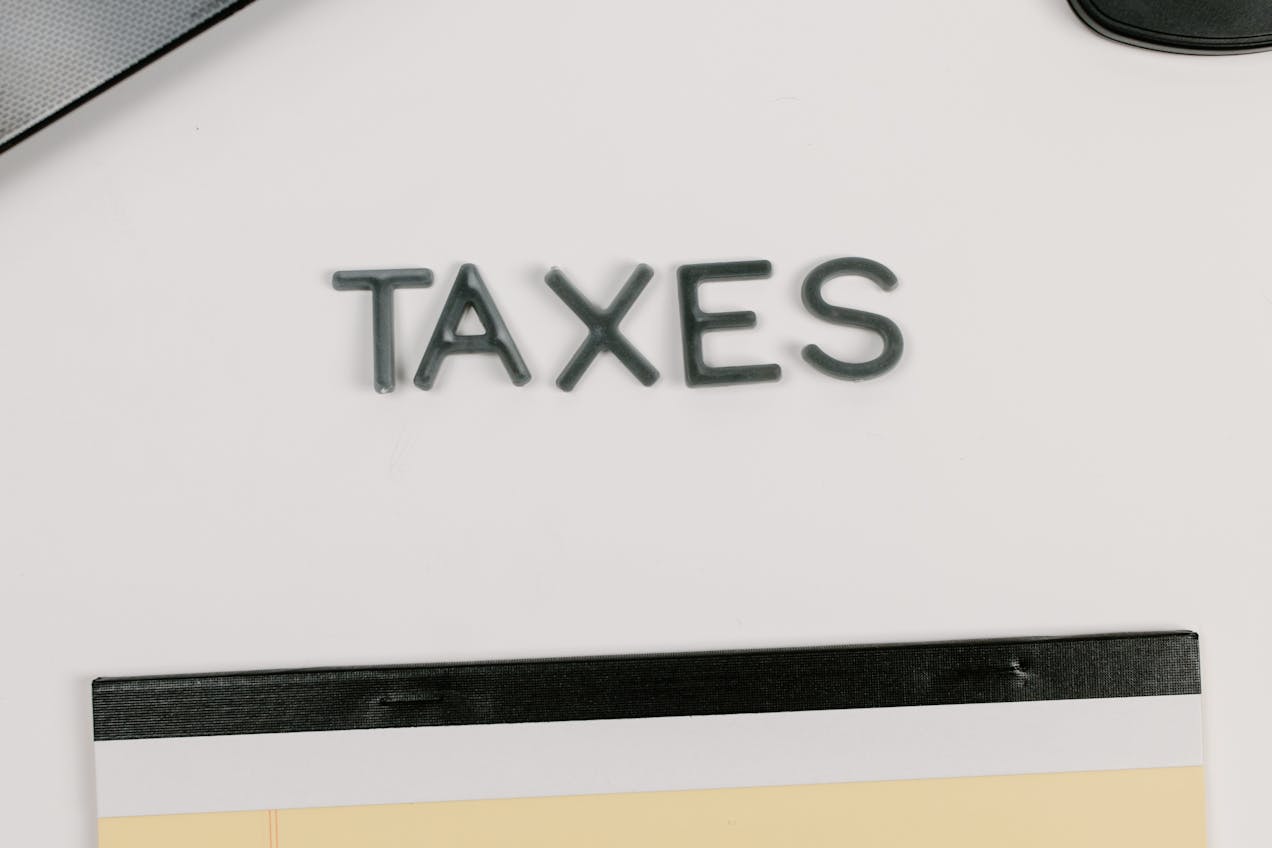
Taxes for Your Side Hustle
Earning extra income from a side hustle is exciting, but the IRS sees it as taxable income. Whether you’re freelancing, driving for Uber, selling on Etsy, or consulting part-time, the tax responsibilities are real. Let’s explore how to manage taxes for your side gig the smart way.
Key Tax Codes and Forms
- IRC §61 – Defines gross income
- IRC §162 – Deductible business expenses
- IRC §6406 – Self-employment tax rules
- Form 1040 – Main individual income tax return
- Schedule C – Report self-employment income and deductions
- Schedule SE – Calculate self-employment tax
- Form 1099-NEC / 1099-K – Third-party income reporting
- Form 8829 – Home office deduction
Key Tax Responsibilities for Side Hustlers
- Reporting All Income
- All payments, even cash or Zelle, must be reported.
- Platforms like Uber, Airbnb, or Etsy often issue 1099-K or 1099-NEC.
- Paying Self-Employment Tax
- If your net earnings are $400 or more, you’re subject to SE tax (~15.3%).
- Use Schedule SE to calculate this.
- Tracking Business Expenses
- Deductible items: supplies, software, advertising, cell phone, etc.
- Use apps like QuickBooks or Wave to keep records.
- Quarterly Estimated Payments
- If you expect to owe over $1,000, pay quarterly using Form 1040-ES.
- Home Office Deduction
- If you use a space exclusively for business, claim a portion of rent, utilities, etc.
- Report using Form 8829.
Example: Freelance Designer Side Hustle
A software engineer in California starts a freelance design business. She earns $18,500 in side income and spends $4,200 on design software, a drawing tablet, and marketing.
- Reports income via Schedule C
- Deducts $4,200 as business expenses under IRC §162
- Pays self-employment tax on $14,300 net income using Schedule SE
- Sets aside 30% for tax payments and makes quarterly estimates with Form 1040-ES
This tax planning keeps her audit-proof and avoids surprise bills in April.
Step-by-Step Compliance Guide
- Track All Income and Expenses
Keep digital records and link your bank account to accounting tools. - Classify Your Activity Properly
The IRS distinguishes between hobbies and businesses. Aim for profit. - Calculate SE Tax Quarterly
Divide income, subtract expenses, and estimate tax using Form 1040-ES. - Maximize Deductions
Use IRC §162 rules to deduct only ordinary and necessary business costs. - File Schedule C Accurately
Avoid round numbers; maintain receipts for verification. - Consider S-Corp Status Later
If your side hustle earns $40K+ net annually, electing S-Corp can save on SE tax. - Work with a CPA
They can help identify missed deductions and plan ahead.
Conclusion
Don’t let the IRS catch you off guard. If your side hustle makes you money, it comes with tax duties. Plan quarterly, track expenses, and know what forms to file. The earlier you organize, the more you save.
Call to Action
Anshul Goyal, CPA EA FCA is a U.S. licensed CPA and IRS-authorized Enrolled Agent. He specializes in helping freelancers and side hustlers stay compliant and minimize their tax bills. He also offers advanced strategies for scaling side gigs into full-time ventures.
Disclaimer
This content is for educational purposes only and is not a substitute for personal tax advice. Please consult a licensed CPA for your individual tax situation.
Top 5 FAQs
1. Do I need to report my side hustle income if I didn’t receive a 1099?
Yes. All income must be reported, even without a 1099.
2. Can I deduct expenses for a side gig run from home?
Yes, if the space is used exclusively and regularly for business.
3. What if my side hustle loses money?
You may still report a net loss and potentially deduct it against other income.
4. Should I open a separate bank account?
Highly recommended for better tracking and audit protection.
5. Can I convert my side hustle into an LLC or S-Corp?
Yes. Many do so once net profits exceed $30K-$50K.
About Our CPA
Anshul Goyal, CPA EA FCA, is a U.S. Certified Public Accountant, Enrolled Agent, and Fellow Chartered Accountant. He assists individuals, small businesses, and freelancers with IRS compliance, tax planning, and cross-border matters.
